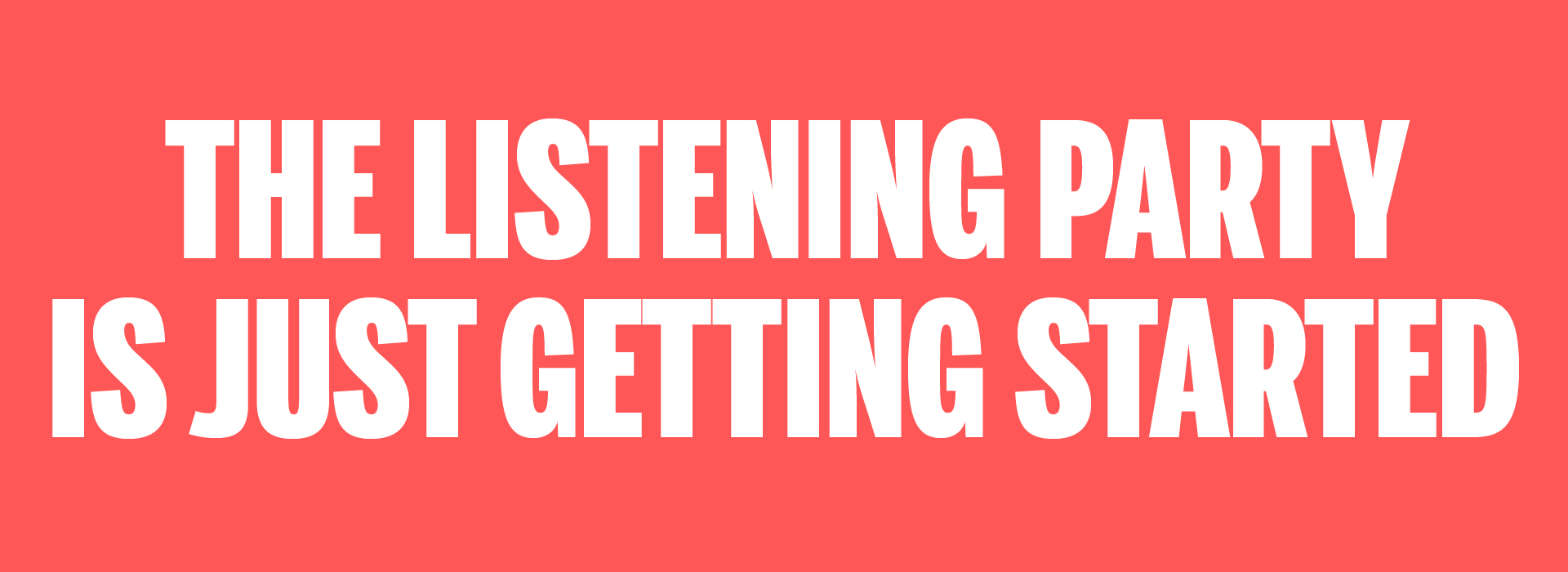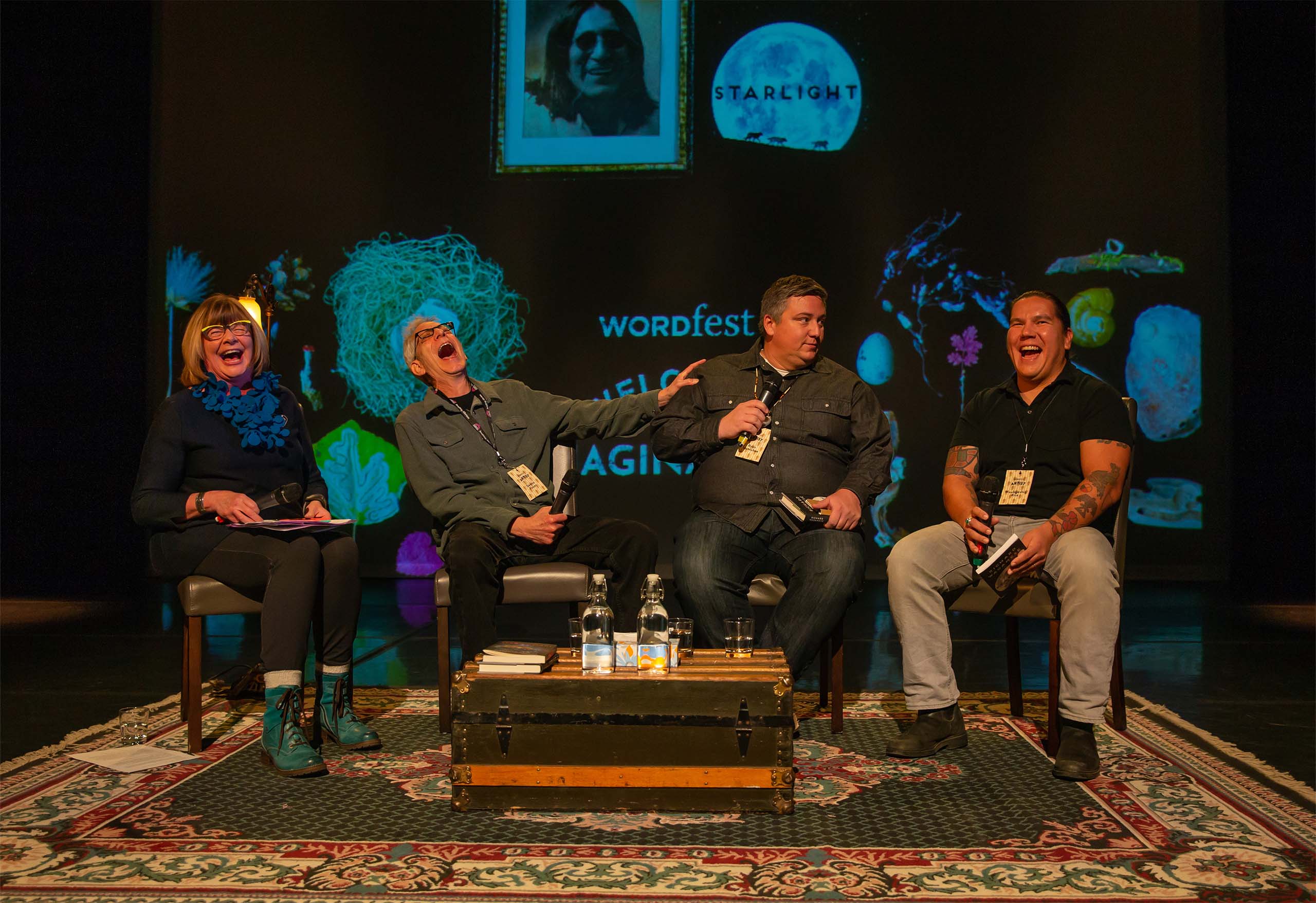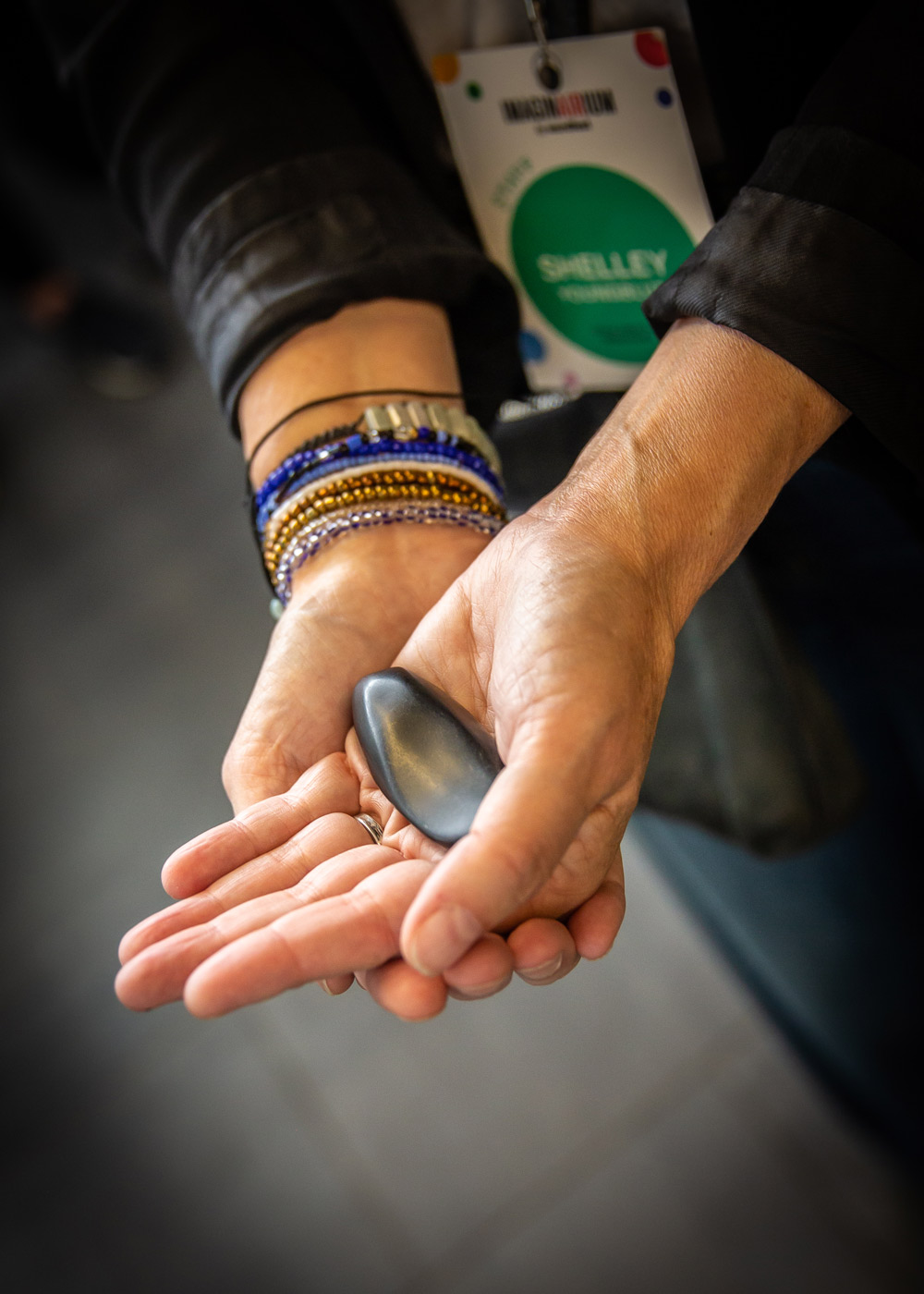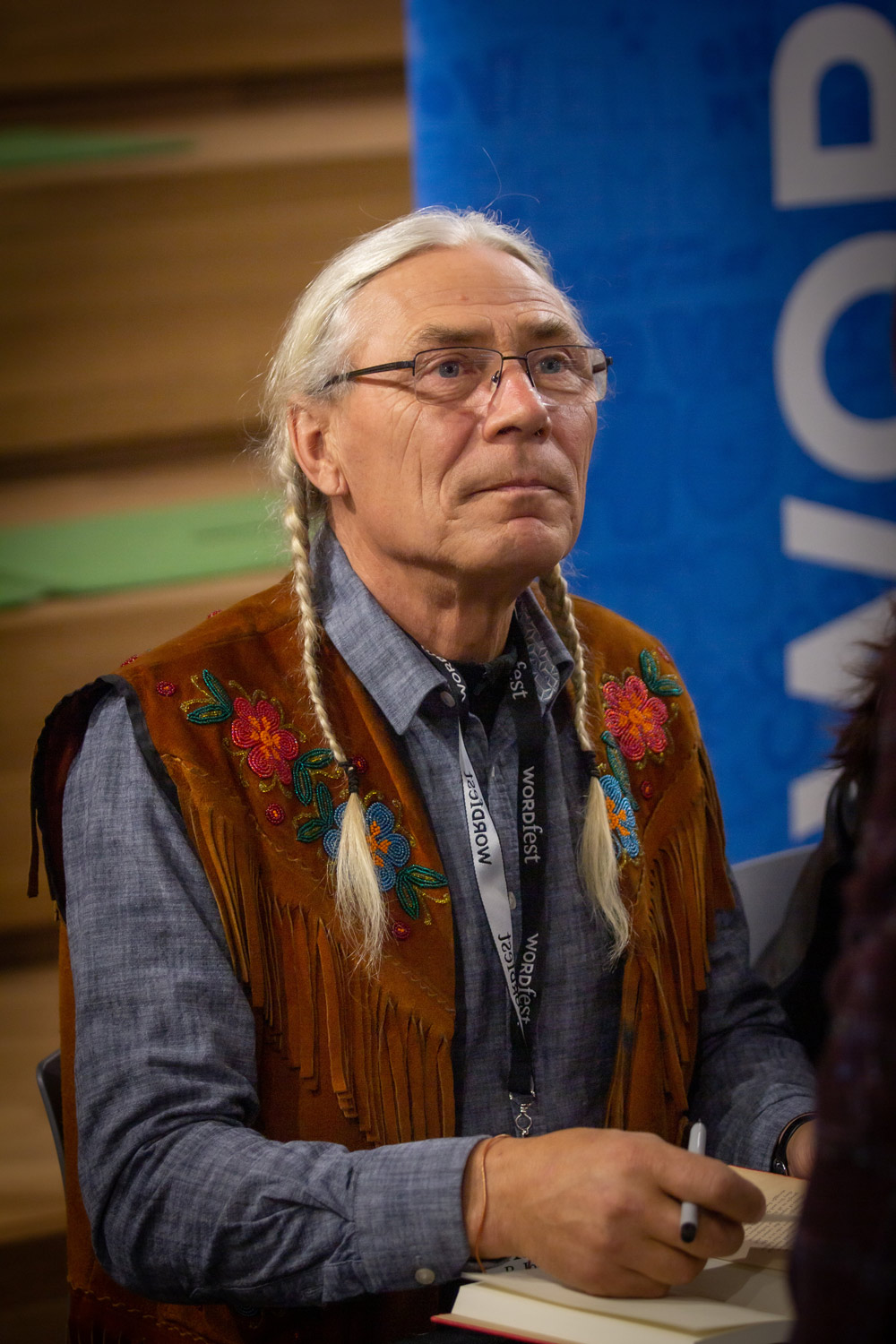Shelagh Rogers Reveals the Secrets to Great Interviews
The Lost Art of Listening, featuring Shelagh Rogers, is the warmth in the cold we need right now. The longtime host of The Next Chapter and honourary witness to the Truth and Reconciliation Commission shares her unique approach to interviewing Canada’s wisest authors, including Harold Johnson and Richard Wagamese. In a generous display of vulnerability, Rogers shares a clip from an early interview with Wagamese that she fumbled by sticking too strictly to questions about his novel instead of listening to what he was revealing about his childhood experiences. The great Peter Gzowski (Morningside) bluntly advised Rogers to come to every interview well-prepared, then be ready to toss aside the pre-written questions and (you guessed it) “just listen.” Fortunately for listeners everywhere, she was a quick study.
Let Their Spirits Be Your Guides
No one understands the importance of sparking our best selves like Shelagh Rogers. She brought audio clips to fill Memorial Park Library with the voices of two beloved Indigenous authors who have since passed: former Calgary Herald columnist Richard Wagamese (best known for Indian Horse) and Cree author and lawyer Harold Johnson (Firewater, Clifford, Peace and Good Order, The Power of Story).
When Wagamese died in 2017, he left behind a novel, Starlight. Rogers travelled across Canada to pay tribute to her dear friend and his work, including a memorable showcase at the 2018 Imaginairium featuring Dennis Foon (who wrote the Indian Horse screenplay), comedian Ryan McMahon, and author Waugeshig Rice.
When asked on stage this year about Wagamese, Rogers reached inside her shirt and pulled out a small object from her bra. “This was Richard’s stone,” she says. “It was given to him by an elder. It’s quite a worried stone, you know. And I like to hold on to it. If I don’t have a pocket like I don’t today, I keep it close to my heart. And Richard always reminded me to speak from the heart.”
In 2022, Rogers was able to ask Johnson how to listen during his final CBC interview: “Imagine where your heart is physically within your body on the left side of your chest,” he replied. “When you practice listening with your heart, your brain does something. It stops thinking of the answer while the person is speaking. And when you can really listen, then you can hear. After you’ve practiced this for a long time, you learn how to speak from the heart. And it’s the same ritual: you imagine where your heart is, and don’t worry about the words that are going to come out, because they’re going to come out from the heart.”
All Photos: David Kotsibie/Persuasion Photography
Be Curiouser
Follow these curated links to dig deeper.
- Shelagh Rogers looks back on her radio career. –Q with Tom Powers
- Peter Gzowski interviews Iggy Pop, 1977 (Note: Iggy Pop is widely considered to be the toughest person to interview.) –YouTube
- New York Times obituary for Richard Wagamese. –New York Times
- Teachings by Harold Johnson from the Ânskohk Indigenous Literature Festival. –Be A Writer: Episode 1; The Power of Story: Episode 2; A Story About Stories: Episode 3

We’ve got more audio shows waiting for you on our Imagine On Air audio page, featuring Michael Crummey, Holly Hogan, Anne Berest, Martha Baillie, Kyo Maclear, and Iain Reid. More shows will be added regularly, increasing the accessibility of Wordfest’s programming.
If you haven’t already, sign up for our E-blasts to receive more bonus content (featuring audio shows like this, as well as special offers) that enable you to connect you even more deeply with your favourite authors and books. You’ll also be the first to find out about our year-round in-person shows (including the 2024 Imaginairium festival, which takes place Oct. 16 to 20, 2024). You can also expand the growing Wordfest community by encouraging your friends, colleagues, and family members to sign up.
And if you enjoyed this special audio presentation, consider making a donation to Wordfest. Not only will you get a tax receipt, but you’ll be enabling us to make our youth programming free of charge and pay Wordfest contributors fairly for their work.



